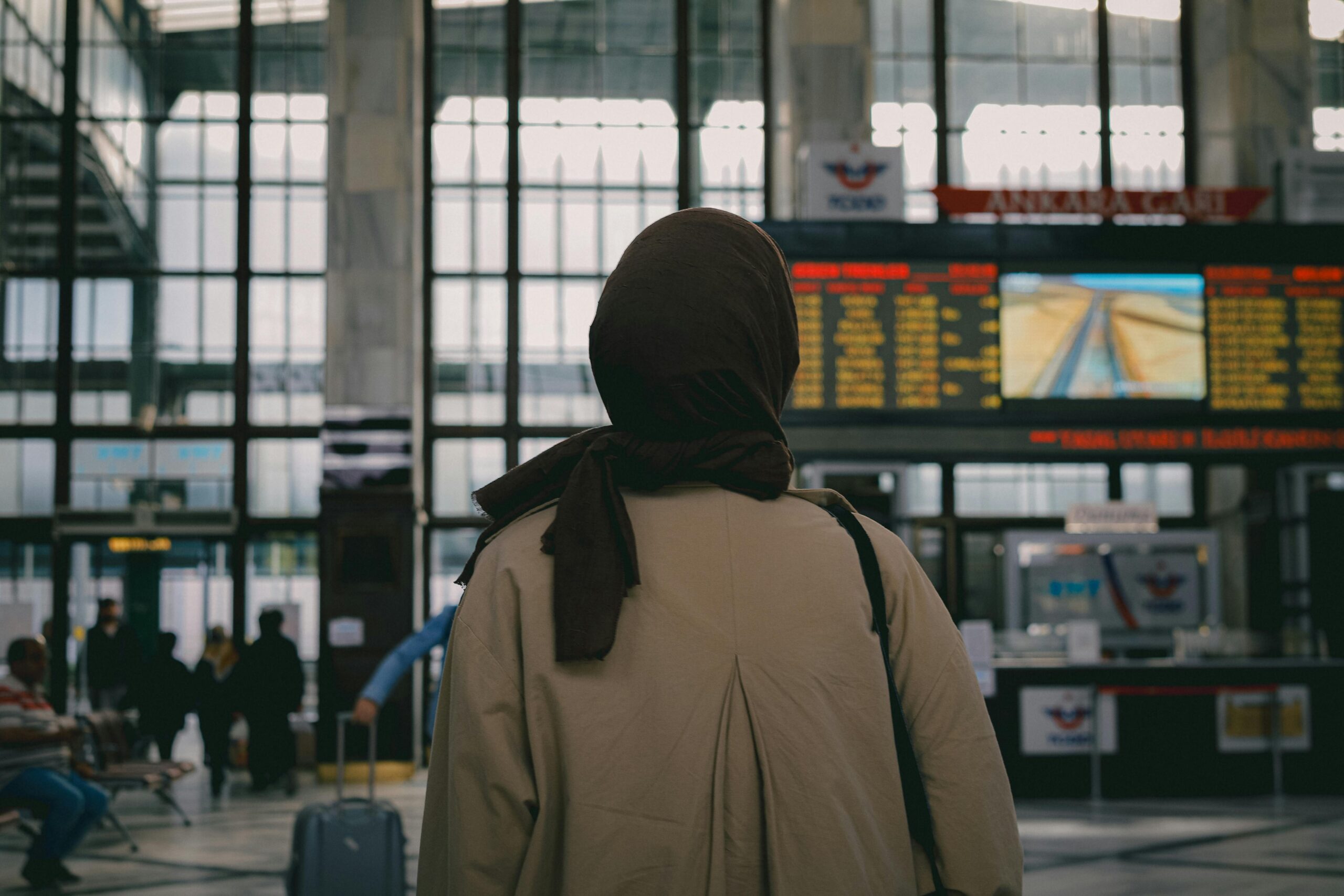
For centuries, women’s gatherings have been written off as ‘gossip circles.’ From neighbors chatting over fences to aunties whispering in kitchens, the assumption was almost always the same. Women were known to talk too much but not enough about what matters.
However, history and modern activism tell a completely different story. The so-called gossip circles were the birthplace of ideas and hubs for revolution. Community advocacy, especially led by women, is important.
Even if society reduces women’s talk to chatter, the truth never changes. Women have been the backbone of many movements, turning mere conversations into catalysts for justice. This article will delve deeper as we discuss three ways in which women can shake things up as community advocates.
Leading With Empathy and a Listening Ear
Can we always associate leadership with boardrooms and powersuits? Thankfully not, as women can exercise one of their greatest strengths in changing the narrative: empathy and compassion.
Being natural nurturers, women are able to detect emotions, energies, and unspoken needs, much like an internal radar. The conventional dynamics of power-based leadership are very different from this. Women shift the focus from hierarchical, authoritative leadership to more collaborative, inclusive leadership.
It’s as simple as it seems: make everyone feel valued, heard, and encouraged to participate. However, the ripple effects can be powerful, encouraging trust and healthy relationships.
Empathy is so compelling and impactful that it’s encouraged across professional settings. McKinsey & Company shares that investing in empathetic behavior can lead to higher productivity, stronger workplace culture, and better organizational health.
Let’s look at some inspiring examples of women community advocates who have allowed empathy and listening to be their hallmarks for change:
- Jesca Ruth Ataa is the fearless leader of Mamere Rural Women Activists (NARWOA) in Uganda. Dismantling the patriarchy one community at a time since 2002, she has addressed domestic violence and economic empowerment for women.
- Monique Couvson, the owner and CEO of Grantmakers for Girls of Color (G4GC), is an advocate for Black girls and gender-expansive youth. With three decades of experience, she applies a participatory worldview and an empathetic approach to serve her community.
- Angela Oduor Lungati is a Kenyan technologist and community builder championing digital inclusion and innovation. She was named a World Economic Forum Young Global Leader in 2024.
Taking Strategic Action
Passion is amazing, but it should be accompanied by strategy. If not, all the energy can fizzle out like a half-baked Pinterest craft project. Women community advocates need to have more than zeal.
They should be able to turn their vision into results, blending creativity with smart planning. In truth, it is strategy that makes all the difference between running a community bake sale and organizing a multi-village initiative that shifts policies and lives.
A classic example of the power of communities coming together is the Sterigenics lawsuit. According to TruLaw, this litigation is about communities being affected by ethylene oxide exposure. The Environmental Protection Agency (EPA) classified the toxic gas as a carcinogen, but the defendant company, Sterigenics, persisted in releasing it.
Women in affected communities, many of whom were mothers and caregivers, took strategic action to protect their families’ health and safety. The grassroots movement, Stop Sterigenics, had Sue Kamuda as its prominent figure. Due to her exposure to ethylene oxide, she developed breast cancer. Following a historic $363 million verdict, her lawsuit attracted national attention.
However, the Sterigenics lawsuit payout per person was more than some number in the court records. It became a rallying point for ordinary people to see that standing together does deliver results. Here are a few more instances of female community advocates who took calculated steps to promote significant change:
- A key player in the advancement of climate justice was Gloria Walton, the president and CEO of The Solutions Project. Promoting creative, female-led climate solutions is one of her strategic initiatives.
- In 2023, Megan Tyler established the Sacred Spaces of Care with the goal of helping people who have experienced mental trauma. Her calculated moves include providing long-term support and empathetic treatment for mental health concerns.
- An active member of the National Council of Negro Women, Anne Johnson, promotes community service, education, and socialization. Her contributions in these areas have created welcoming and encouraging communities.
Mentoring and Inspiring the Next Generation
Let’s face it: nothing says “fierce and fabulous” like women who not only shatter glass ceilings but also encourage other women to do the same. Being a mentor takes a lot of effort. Giving speeches or advice from a dusty pedestal is rarely the focus.
Women who dedicate their lives to motivating the next generation must get their hands dirty, impart their own knowledge, and support others from the sidelines. Empathy and calculated action have a tendency to produce a greater effect when the next generation feels empowered.
Through mentorship, the upcoming generation of community advocates can navigate obstacles, build confidence, and learn the ropes freely. This act is comparable to passing the magic wand, except without any roadblocks.
On that note, it is important to mention that women community advocates undertaking successful mentorship do not focus on creating mini versions of themselves. They provide the necessary tools and confidence to the next generation of advocates who get to drive radical changes in their own style.
Let’s look at three bold examples of women community advocates inspiring the next generation:
- Based in New York City, Girls Write Now is a non-profit that mentors youth beyond writing. Its year-long programs are designed to equip leadership skills needed to produce change-makers.
- Tania Kinsella, the first Black woman to hold the NYPD’s deputy commissioner position, is mentoring teenage girls. Her Run for the Future program is meant to guide young girls in their first 5 K race in Harlem.
- Malala Yousafzai is a global icon, not just because she survived an attack. Her efforts extend to turning her personal struggle into a worldwide movement for girls’ education. The Malala Fund invests in local education advocates and activists, most of them being young women.
Much like the several examples we just discussed, more women are needed to rewrite the script of existing public narratives. Start somewhere, even if it’s small. You can decide on something that is already very important to you, such as planning a workshop on basic mental health.
Find the gaps in your community and use your skills to close them. Turn your passion into fuel and build your own squad. As you rise, mentor along the way so the ripple effect never ceases. It’s not about figuring it all out. All you need is to care enough to start!
















